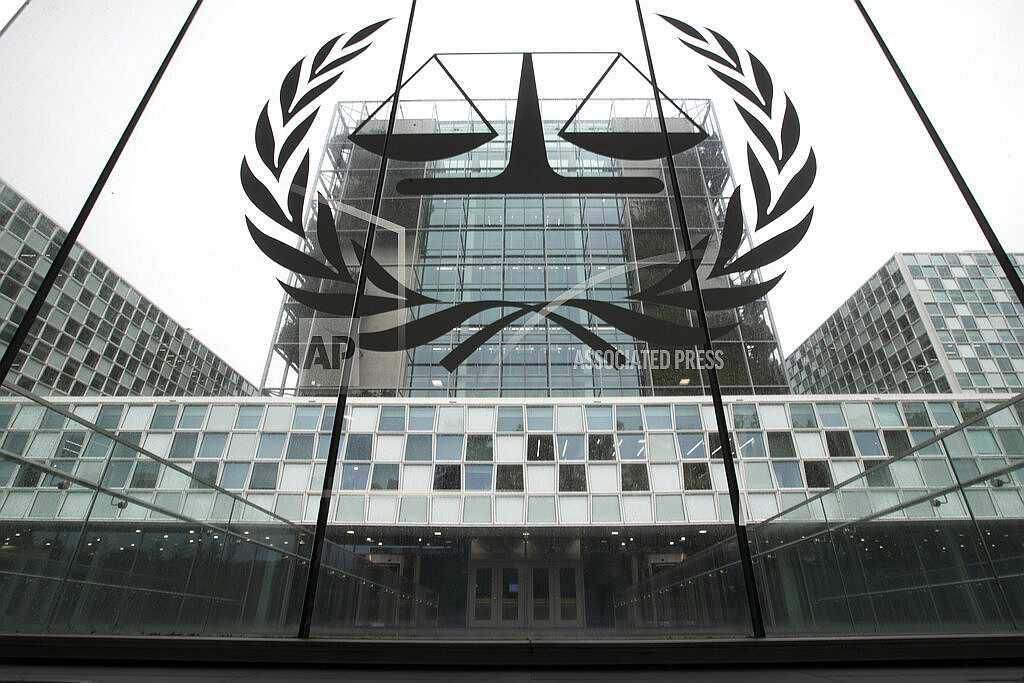Top Australian military officers have been referred to the International Criminal Court of Justice (ICC) over their leadership during the Afghan war campaign after allegations that Australian soldiers committed war crimes.
Speaking in the Australian Senate on June 20, Tasmanian Senator Jacquie Lambie said that there was a culture of covering up incidents that went right to the top and that she had filed an Article 15 communication with the Prosecutor of the International Criminal Court in the Hague.




